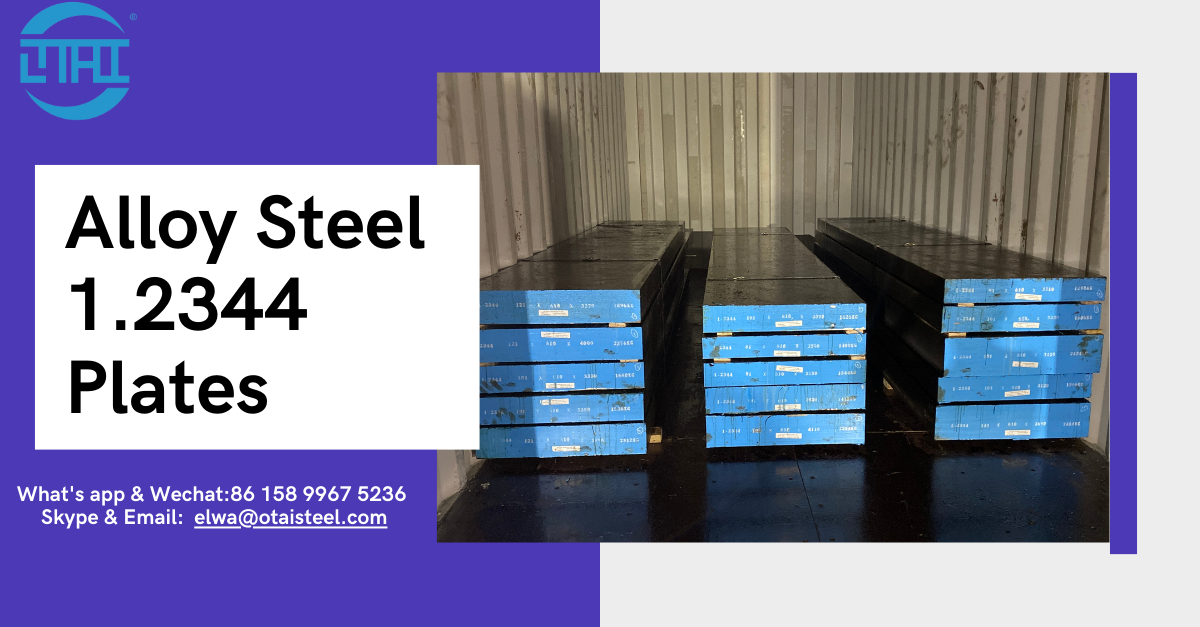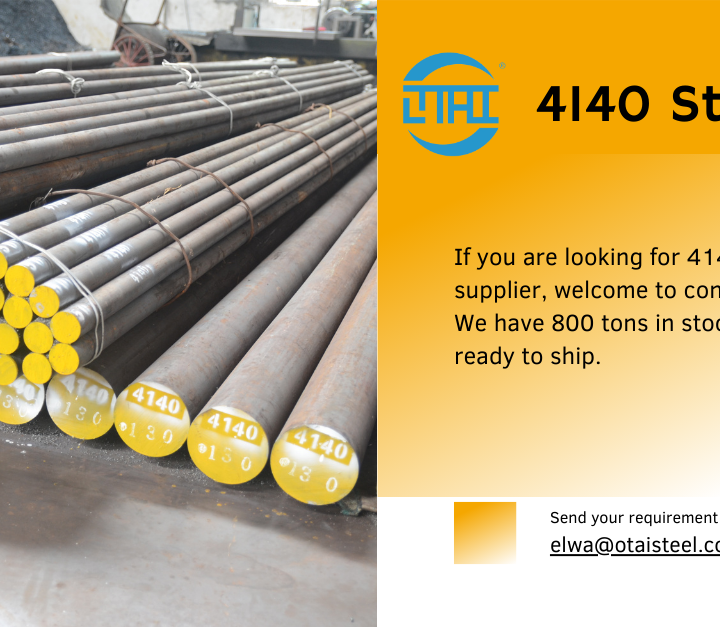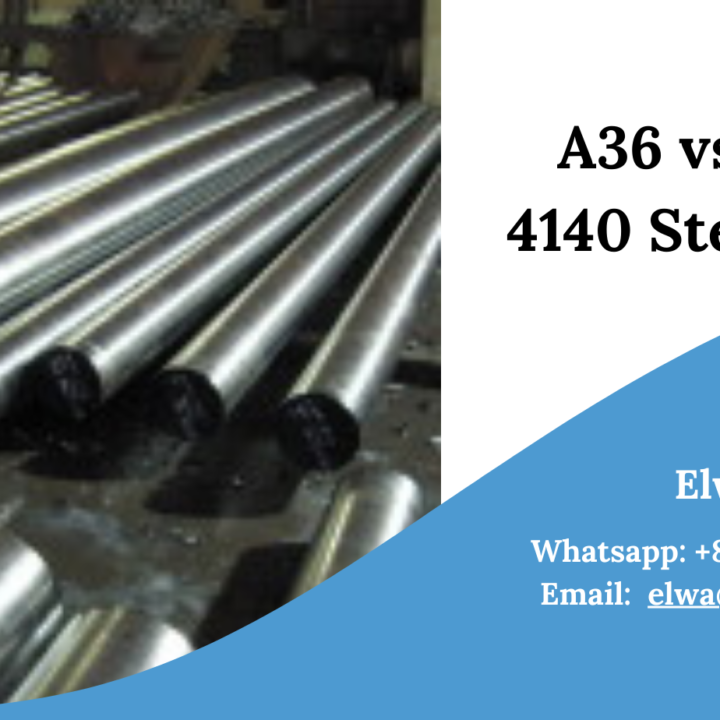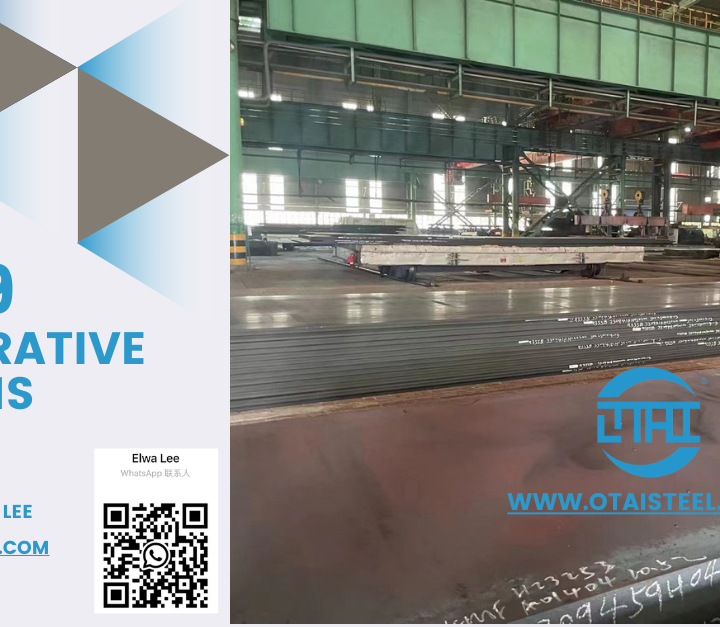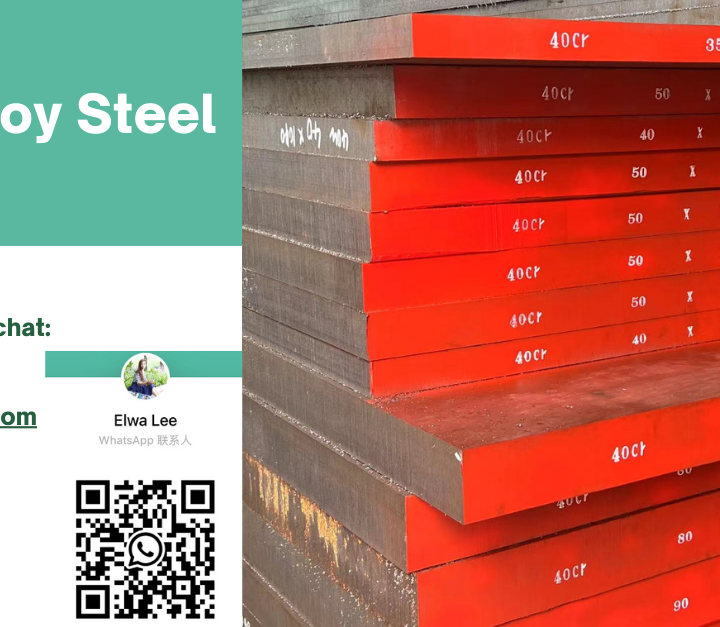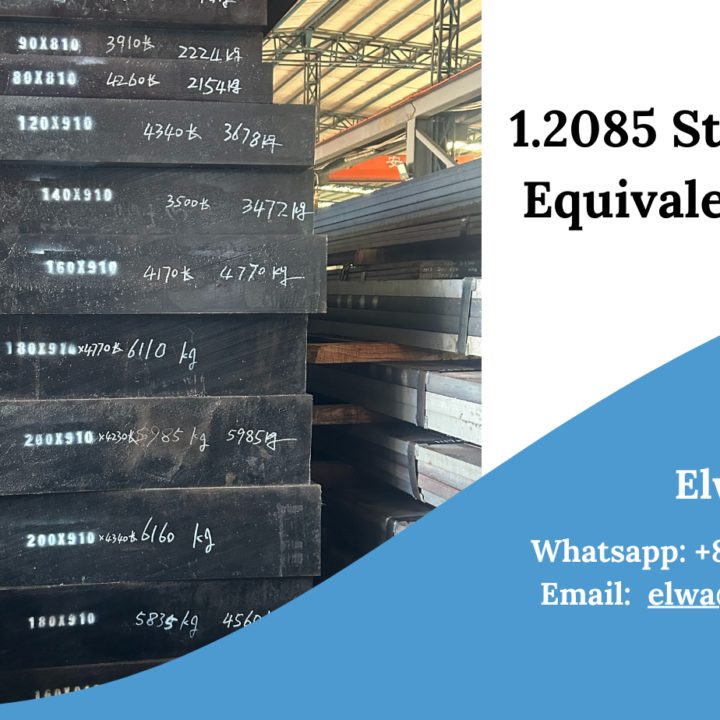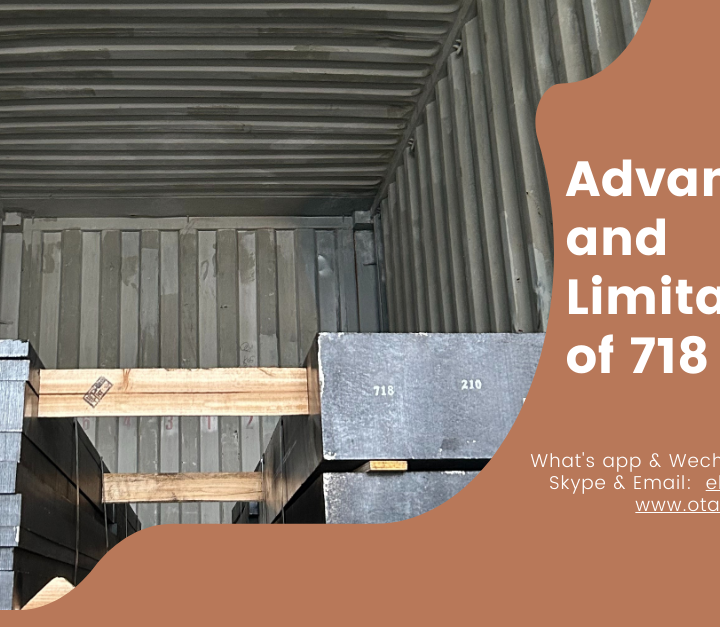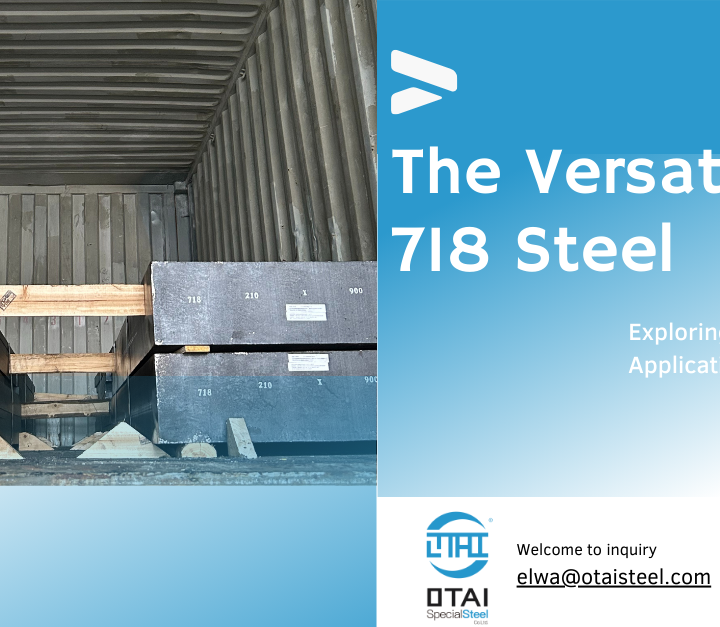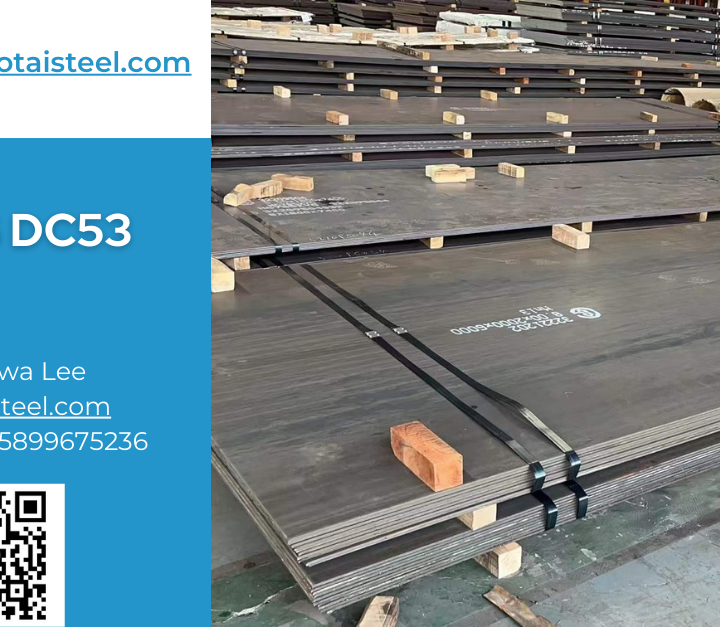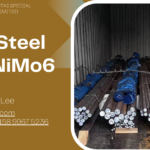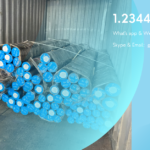Are you in search of top-quality alloy steel 1.2344 but finding yourself lost in a sea of options, unsure of standards, properties, or where to source them? Look no further. In this detailed guide, we’ll delve into every aspect of alloy steel 1.2344 plates, providing you with the knowledge you need to make informed decisions and secure the best supplier for your needs.
Understanding 1.2344: Unveiling the Standard and Properties
Let’s kick things off by unraveling the mystery behind alloy steel 1.2344. Also known as AISI H13, this steel grade stands out for its exceptional combination of high toughness and good thermal conductivity. Its standard specifications adhere to the DIN EN ISO 4957 standard, ensuring consistent quality and performance across applications.
Chemical Composition: Deciphering the Components
The chemical composition of alloy steel 1.2344 plays a crucial role in determining its mechanical properties and overall performance. Typically, this steel grade comprises elements such as:
- Carbon (C): Enhances hardness and wear resistance.
- Chromium (Cr): Improves hardenability and corrosion resistance.
- Vanadium (V): Contributes to grain refinement and wear resistance.
- Molybdenum (Mo): Enhances strength and toughness at elevated temperatures.
A detailed breakdown of the chemical composition can be found in the table below:
| Element | Composition (%) |
|---|---|
| Carbon (C) | 0.35 – 0.42 |
| Chromium (Cr) | 4.80 – 5.50 |
| Vanadium (V) | 0.80 – 1.20 |
| Molybdenum (Mo) | 1.20 – 1.50 |
Applications: Exploring Versatility
1.2344 find extensive applications across various industries, thanks to their exceptional properties. Some common applications include:
- Die Casting: The high thermal conductivity and resistance to thermal fatigue make 1.2344 plates ideal for die casting applications, especially in the production of aluminum and magnesium alloys.
- Extrusion: The excellent hot hardness and wear resistance of it make them suitable for extrusion dies, ensuring prolonged tool life and consistent product quality.
- Forging: With its good toughness and resistance to thermal fatigue, it’s favored for forging dies, particularly in the automotive and aerospace sectors.
Size Matters: Navigating Dimensions
When it comes to this material, size does matter. These plates are available in a wide range of dimensions to suit diverse application requirements. Whether you need small, precision-cut plates or large, bulk orders, suppliers can accommodate your needs with customized sizing options.
Price Point: Balancing Quality and Cost
One of the critical factors influencing purchasing decisions is the price. While quality should never be compromised, it’s essential to strike a balance between quality and cost-effectiveness. Factors such as plate dimensions, quantity ordered, and supplier reputation can all impact the final price.
Sourcing the Best Supplier: Your Gateway to Quality
Now that you’re armed with knowledge about alloy steel 1.2344 plates, it’s time to find the best supplier to meet your needs. When sourcing a supplier, consider the following factors:
- Reputation and Reliability: Look for suppliers with a proven track record of delivering high-quality products and excellent customer service.
- Certifications and Standards: Ensure that the supplier adheres to industry standards and holds relevant certifications for quality assurance.
- Customization Capabilities: Opt for suppliers who offer customization options to tailor plates to your specific requirements.
- Logistics and Support: Evaluate the supplier’s logistical capabilities and after-sales support to streamline the procurement process and address any concerns promptly.
Conclusion
In conclusion, alloy steel 1.2344 plates stand out as a versatile and high-performance material suitable for a wide range of applications. By understanding the standard, properties, applications, size options, pricing factors, and sourcing considerations, you can navigate the market with confidence and secure the best supplier for your needs.
Frequently Asked Questions (FAQs)
1. Can 1.2344 be heat-treated for enhanced performance?
Yes, it can undergo heat treatment processes such as annealing, quenching, and tempering to achieve desired mechanical properties.
2. Are alloy steel 1.2344 plates resistant to corrosion?
While this material exhibit good corrosion resistance, proper maintenance and surface treatments may be necessary to enhance their longevity in corrosive environments.
3. What industries commonly utilize 1.2344?
Alloy steel 1.2344 plates find applications in industries such as die casting, extrusion, forging, plastic molding, and hot work tooling.
4. Can alloy steel 1.2344 plates be machined easily?
Alloy steel 1.2344 plates have good machinability when they are annealed or in the soft-annealed condition. However, machining hardened plates may pose challenges due to their high hardness.
5. How can I ensure the authenticity of alloy steel 1.2344 plates from a supplier?
It’s crucial to verify the supplier’s certifications, inspect material test reports (MTRs), and conduct quality checks upon receiving the plates to ensure their authenticity and compliance with specifications.
